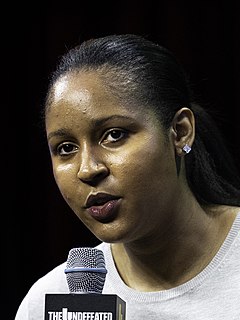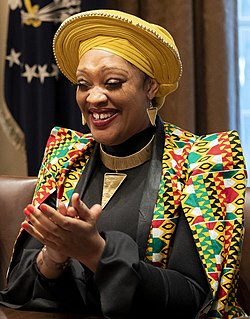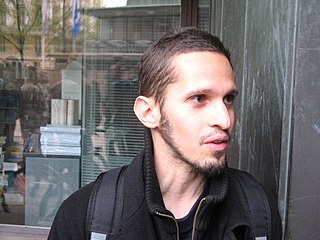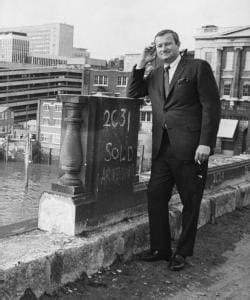A Quote by Aldis Hodge
A subject I'm particularly passionate about is the criminal justice system and almost all of the policies that impact people's lives are determined on a local level.
Related Quotes
I come back to what I had said earlier: the policies might be there but are people benefiting from the policies? You do find that in many instances, though the policies exist, they are not having the necessary impact. That is a particular challenge in local government, because that is where all the services get delivered.
Our current criminal justice system has no provision for restorative justice, in which an offender confronts the damage they have done and tries to make it right for the people they have harmed. [...] Instead, our system of "corrections" is about arm's-length revenge and retribution, all day and all night.


































